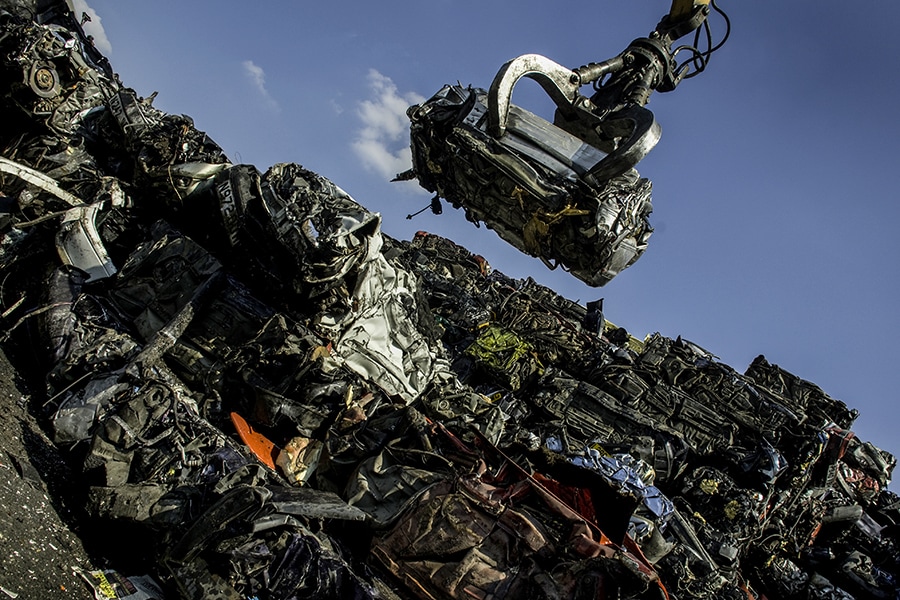
Budget 2021: For India's beleaguered automobile sector, scrapping policy brings some good news
It is expected to spur new purchases in exchange for government incentives, and encourage people to own fuel-efficient, environment-friendly vehicles
 Image: Shutterstock
Image: Shutterstock
India has finally announced a vehicle scrapping policy—that has been in the works for over seven years.
On February 1, presenting the Union Budget, Finance Minister Nirmala Sitharaman announced a voluntary vehicle scrapping policy, to phase out old and unfit vehicles. “This will help in encouraging fuel-efficient, environment-friendly vehicles, thereby reducing vehicular pollution and the oil import bill,” she said. “Vehicles would undergo fitness tests in automated fitness centres after 20 years in case of personal vehicles, and after 15 years in case of commercial vehicles.”
The government will announce the details of the scheme within 15 days, explained Nitin Gadkari, the road transport minister.
The move to allow scrapping of vehicles is estimated to create an industry worth some $6 billion, according to a study by HDFC Bank last year. “If we take 1990 as the base year, there are approximately 37 lakh commercial vehicles and 52 lakh passenger vehicles eligible for voluntarily scrappage,” says Vinkesh Gulati, president of the Federation of Automobile Dealers Associations. “As an estimate, 10 percent of commercial vehicles and five percent of passenger vehicles may still be plying on road. We still need to see the fine prints to access the kind of incentives which will be on offer and thus have a positive effect on retail.”
The move to promote voluntary scrapping comes at a time when the country’s automobile sector had been stuck in a quagmire since the past few years. Since the second half of 2019, automobile sales had been on a downward spiral, largely due to a slowdown in the economy and the Society of Indian Automobile Manufacturers (SIAM) reckons that vehicle sales are likely to decline between 25 percent and 45 percent this year. Passenger vehicle sales fell by 16 percent year-on-year from April to December to 17,77,874 units with passenger car sales falling by over 20.3 percent.








